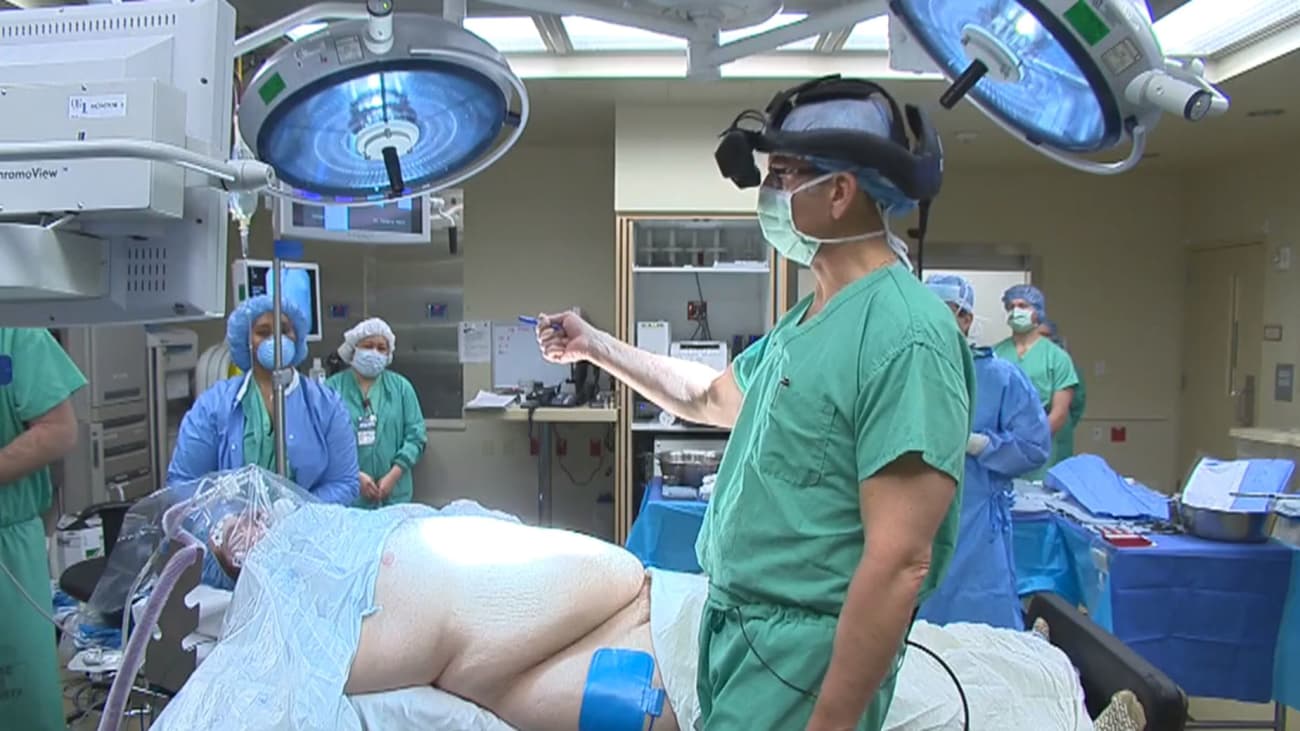
Before keyhole surgery many patients used to have major cuts in their belly for various forms of surgery such as bowel or gallbladder removals. Medical and surgical treatment options for severe obesity

Laparoscopic surgery for obesity is for people who are severely overweight.
Surgery for obese patients. Bariatric surgery in obese patients has been shown to result in remission of type 2 diabetes and reduce other microvascular complications. Obesity increases the amount of the hormone estrogen in the body, which raises the risk of clots. “currently, bariatric surgery is the most effective treatment for obesity and type 2 diabetes.
Researchers analyzed the results of more than 5,000 people having hip or knee replacement surgery, comparing pain and function before and six months after surgery. Population have a large percentage of obese patients, but these particular patients must increasingly receive dialysis. In fact, heart surgery is a possibility for obese patients that struggle with all valve issues related to the mitral, tricuspid and pulmonary valves as well.
43, 44 similar adverse influences have been recognized for surgical procedures such as right hemicolectomy, 45 lar, 46, 47 hartmann surgery, 48 miles surgery, 49 and robotic surgery. The most common procedure, by far, was breast reduction, followed by breast reconstruction, augmentation and mastopexy (breast lift). These can result from the surgery itself, or from the anesthesia you may need during your surgery.
However, its impact on diabetic retinopathy is not clear. Risks for obese women undergoing surgery. 50 moreover, obesity might reportedly be an independent risk factor for leakage.
Obesity is commonly considered a surgical risk factor, but the degree of risk has been imprecisely quantified. Medical and surgical treatment options for severe obesity Results from some trial suggests early worsening of dr postsurgery because of rapid improvements in hyperglycemia.
Before keyhole surgery many patients used to have major cuts in their belly for various forms of surgery such as bowel or gallbladder removals. Because of the increased risk of postoperative complications, researchers recommend that obese patients who have outpatient surgery stay. In addition, it is more difficult for obese patients to get out of bed and move around soon after surgery, which also increases blood clot risk.
Anaesthesia and surgical staff experienced in caring for obese patients should manage these individuals. Ken wong often performs hernia repair surgery on obese patients who have previously had surgery elsewhere. Laparoscopy involves using a specialized telescope (laparoscope) to view the stomach, which typically allows smaller abdominal incisions.
Ultimately, plastic and cosmetic surgery probably won’t be deemed wise for obese patients until they have lost significant amounts of weight. Several studies have identified a high risk of surgical site infection (ssi) with obesity. That’s why surgery is an option for patients with severe obesity.
Yes, anonymous can have surgery. Obese patients should be prepared well in advance of surgery. 1 ambulatory surgery centers (ascs) can expect to see more of these patients.
After surgery, obese patients are at greater risk of blood clots for several reasons. 185 interrogation of the american college of surgeons national surgical. As more complex procedures can be performed in ascs, leaders should learn about comorbidities among.
Tzvetanov explains, not only does the u.s. Those who were the most obese (about 25% of those in the study) had more pain and poorer function prior to surgery than those who were leaner. A medline search from 1994 to 2003 was performed using the key words morbid obesity, laparoscopy, bariatric surgery, pneumoperitoneum, and gastric bypass.
The researchers’ results suggest that rakt has a low surgical complication rate and could thus improve access to kidney transplantation for obese patients. A key aspect of these is the drive to facilitate the inclusion of obese patients in ambulatory lists, and enhanced recovery protocols, all of which tend towards minimally invasive strategies for monitoring. A number of guidelines have been issued which address the perioperative management of the obese patient undergoing surgery [4,5,6,7].
This can be attributed to the prior surgery weakening the membrane around the surgical site. The risks of surgery in obese patients. There is little evidence that excessive body weight in itself should contraindicate general surgery.
There were 2,403 patients in the obese group and 5,597 patients in the normal weight control group. Obese patients undergoing surgery require comprehensive preoperative evaluation. If you or a loved one are overweight or obese and planning to have surgery, you should be aware that excess weight can put you at risk for certain side effects and complications.
It has shown efficacy in inducing remission of diabetes and reducing other microvascular complications. Obesity can make surgery more challenging. Unfortunately, many patients who could benefit from surgery don’t know if surgery is right for them.
Laparoscopic surgery for obese patients with colon cancer: When a patient has a body mass index (bmi) greater than 35, their chances of reaching a normal body weight for a lasting period of time is less than 1%. Surgery centers will serve more obese patients, must understand comorbidities, risk factors.
Laparoscopic surgery for obesity is for people who are severely overweight. Obesity, by itself, does not exclude a patient from the possibility of surgery. Because we’re accustomed to operating on obese patients, surgeons with norton weight management services are uniquely situated to perform general abdominal surgery on these patients, including gallbladder removal, repairing hiatal or abdominal wall hernias, colon resections and lipoma removal.
However, it is a unique concern that needs to be considered as surgeons and.